Sir Chris Hoy has won six Olympic gold medals. Wing Commander Andy Green OBE is the world land speed record holder.
I can lay claim to nothing as grand as that, but I do share something in common with them. We have all driven the guest car in the Radical SR1 Cup, a one-make race series for Radical’s entry-level SR1 model.
The championship, launched in 2013, is designed as an entry point into Radical racing and a stepping stone for those looking to take their track-day experience into proper racing. A season costs £37,500 plus VAT, which gets you everything from a race licence test and a fireproof suit to expert tuition and eight races on Britain’s best tracks.
Hoy had the guest car slot in 2013 to launch his racing career. Last year, it was Green’s turn as he began his preparations for driving Bloodhound at 1000mph. This year, it’s me.
So far, I’ve been getting acquainted with the car in Radical’s official test and tuition sessions. I’ve driven a fair amount of performance machinery on circuits but never a racing car, which, unsurprisingly, turns out to be a different proposition.
The SR1 is a novice’s car in name only. It weighs just 480kg before my 75kg climbs aboard. The 185bhp output comes from a 1.3-litre Suzuki motorbike engine. It also has fully working aerodynamics, producing noticeable levels of downforce.
It is uncompromised by the need to be used on the road. Every part of its make-up is designed to get you around a circuit as quickly as possible. Precisely how quickly is up to the driver.
Things didn’t start too well in my first practice session at a chilly Snetterton earlier this year. After three nervy installation laps behind a pace car, my instructor, experienced Radical racer Roger Bromiley, showed me a video of the circuit and the optimum lines, before taking me for a passenger ride in my SR1. His car control was mighty, which left me wondering how I was even going to be competitive.
The light-bulb moment came when I stopped driving the SR1 as I would a road car around a race track and started treating it like a race car. On Bromiley’s advice, I braked later for corners, turned in more positively and used all of the available track. If you don’t, you could be going faster.
Bromiley gave me plenty of advice to put into practice at my next test. It wasn’t raining for my second outing, at Bedford Autodrome, which involved a ‘how fast’ session – an hour of free practice, followed by three laps against the clock to see who goes best under pressure.
At Snetterton, I’d had the whole day to get to know the car and circuit and there was no competitive element at the end. The reverse was true at Bedford, and the car now had a full Autocar livery. There was no hiding.
I struggled to get back up to speed while having to learn the course. After half a dozen laps, I knew my lefts and rights well enough to push harder, but some bad habits from Snetterton had carried over.
We hooked up the video camera to see if I was putting into practice what Roger had told me and, after a spin on the second lap at the chicane – which at least confirmed I was trying – I felt fairly au fait with car and circuit as I pulled into the pit lane.

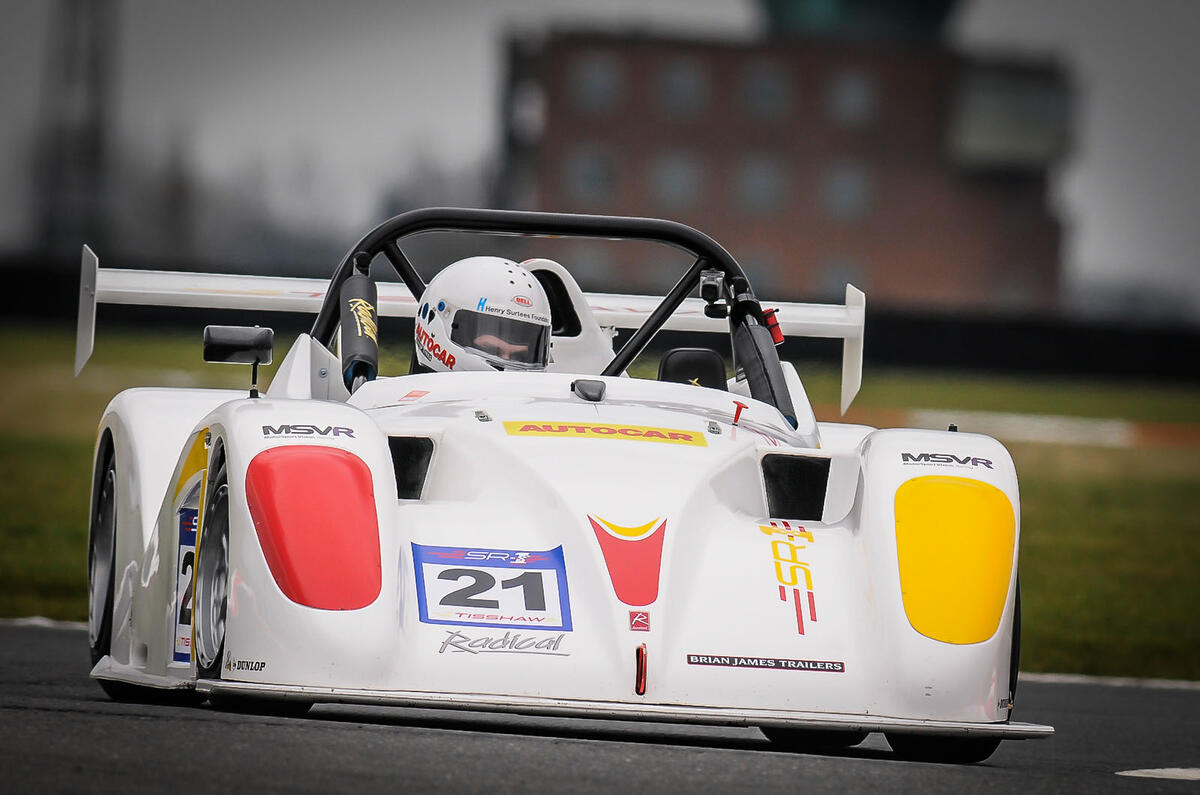
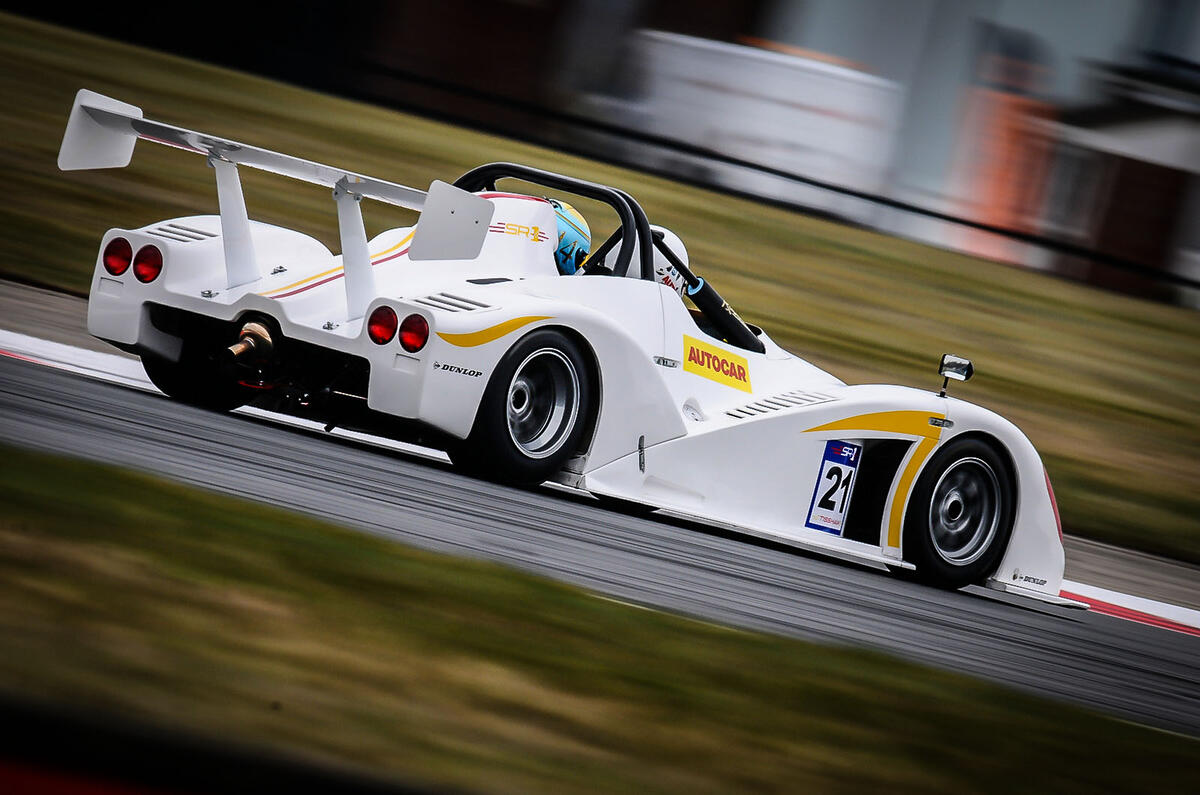
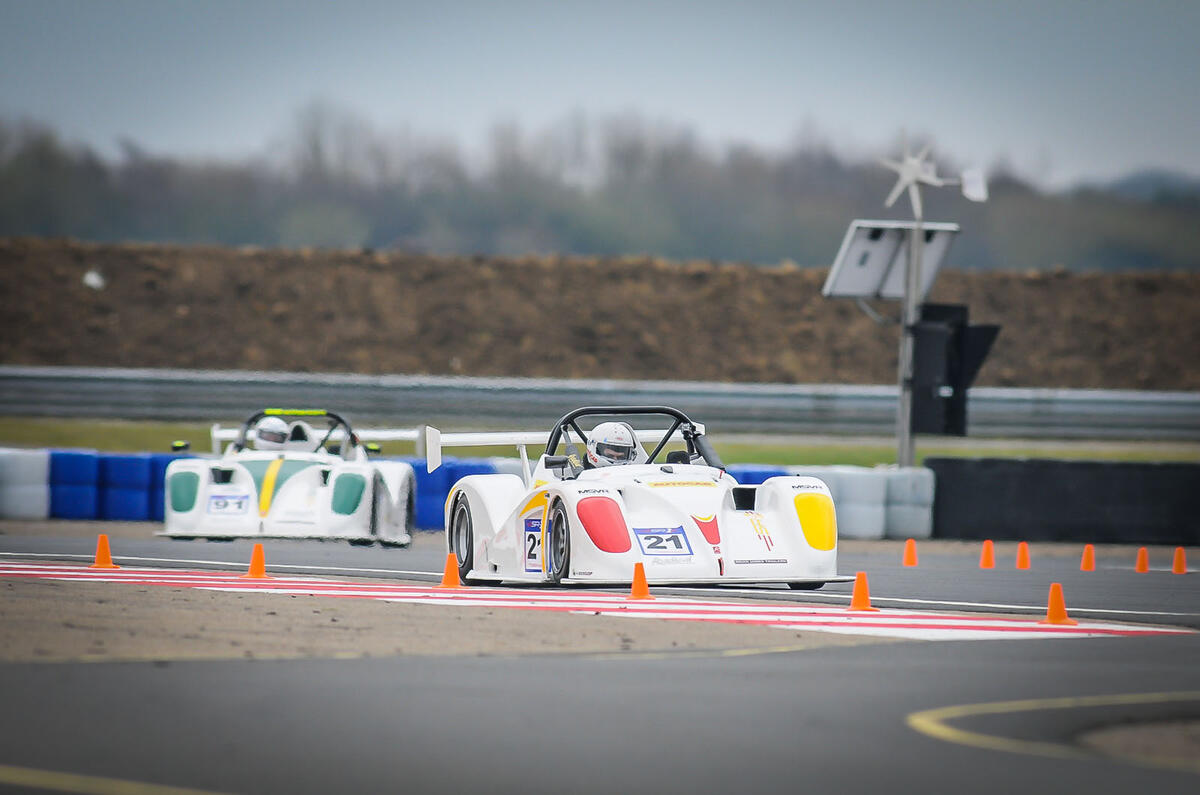
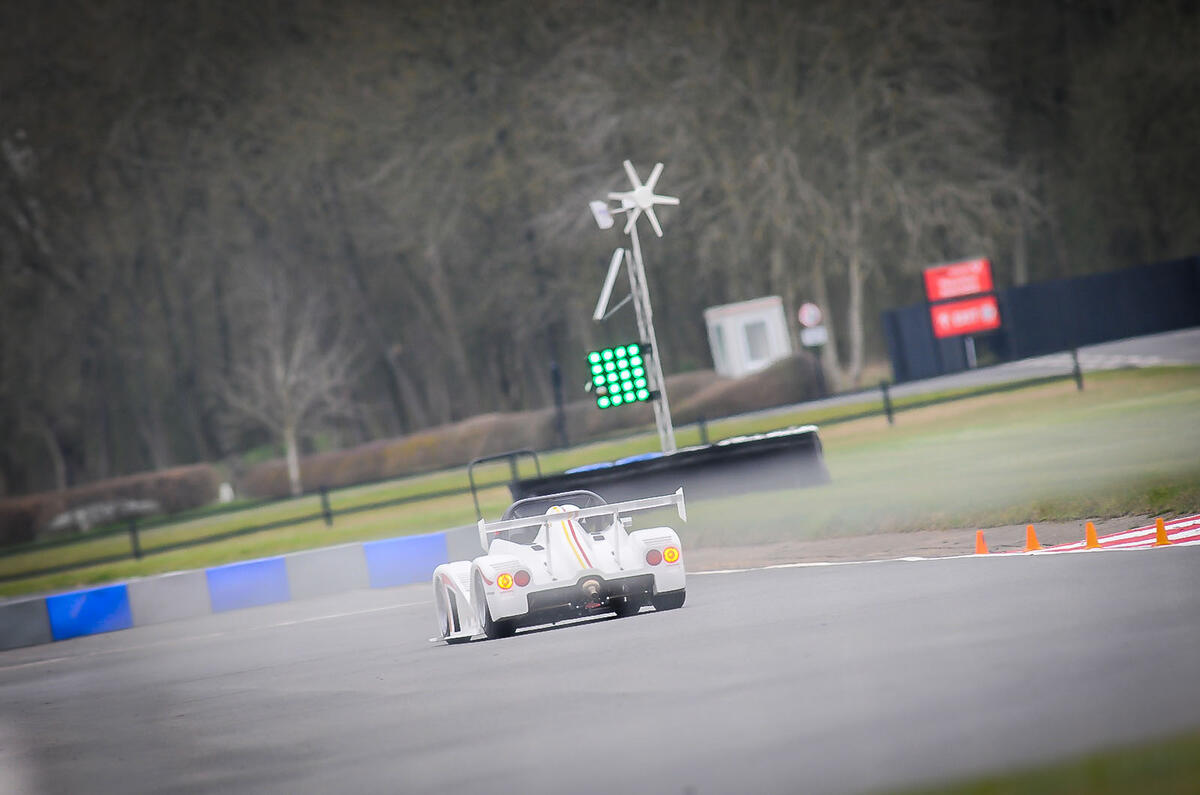
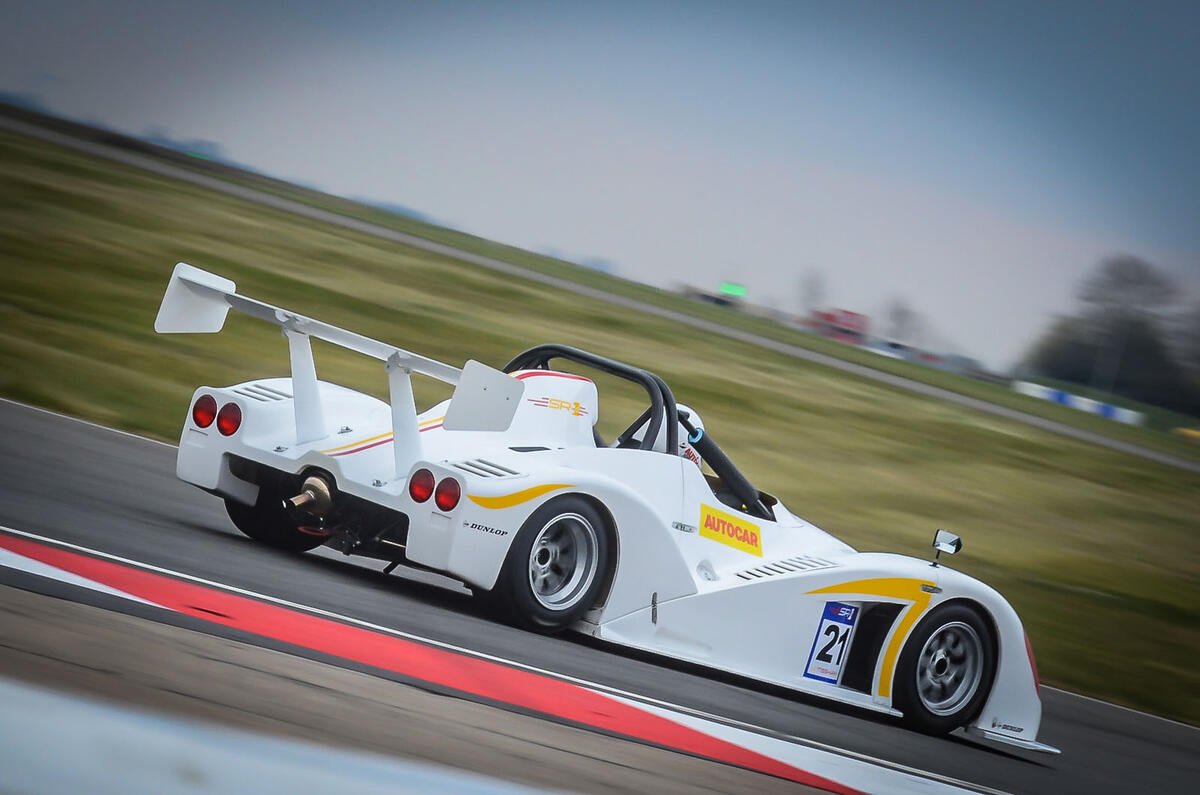
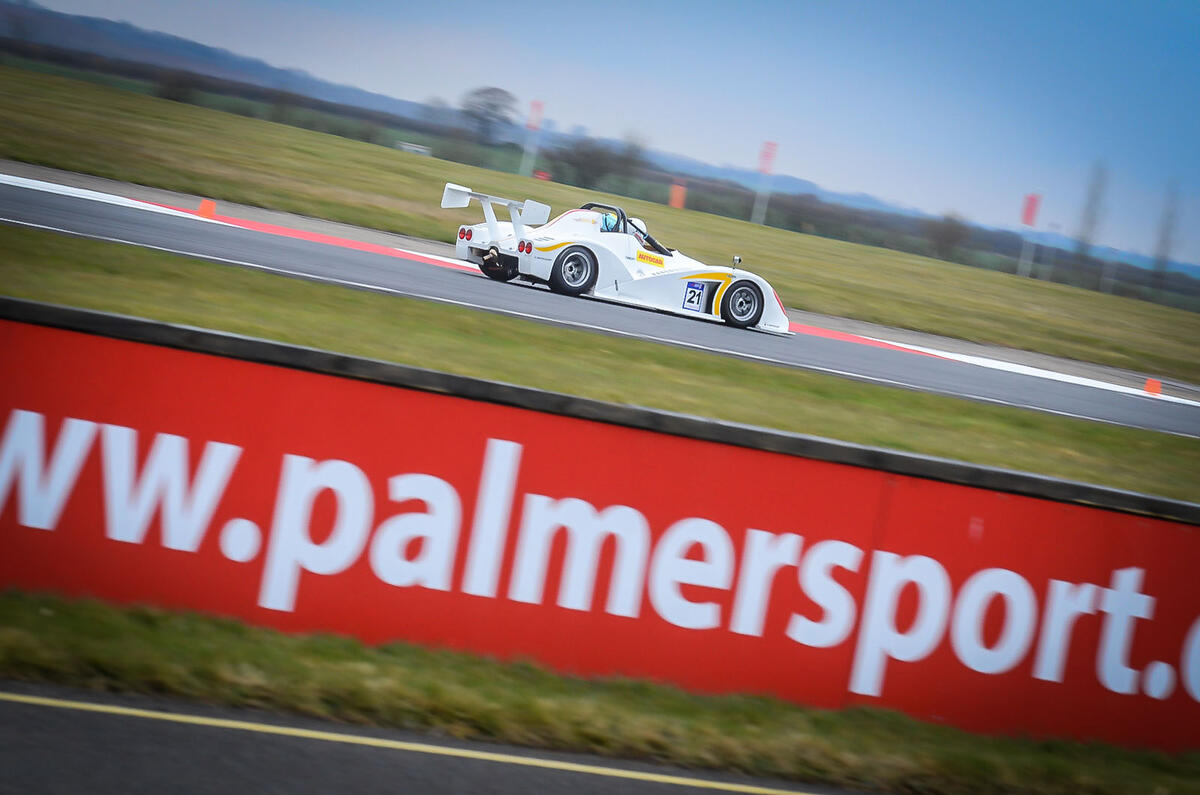
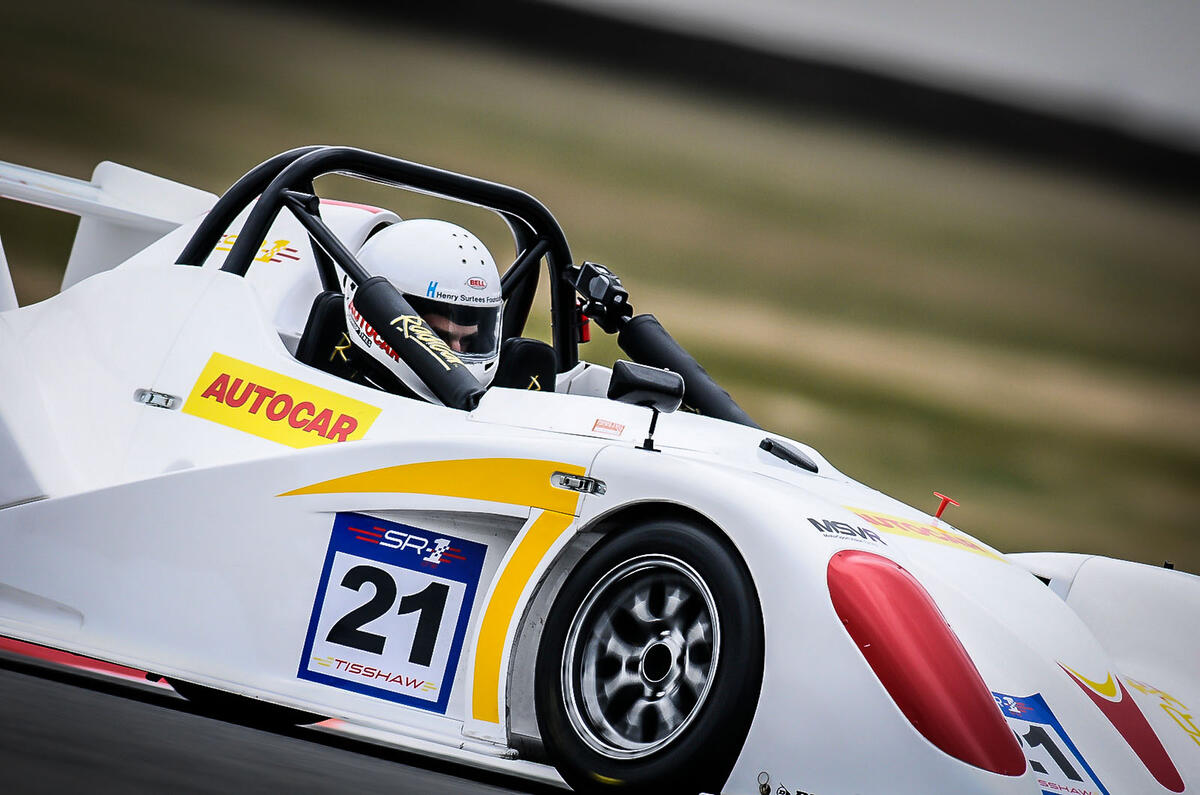
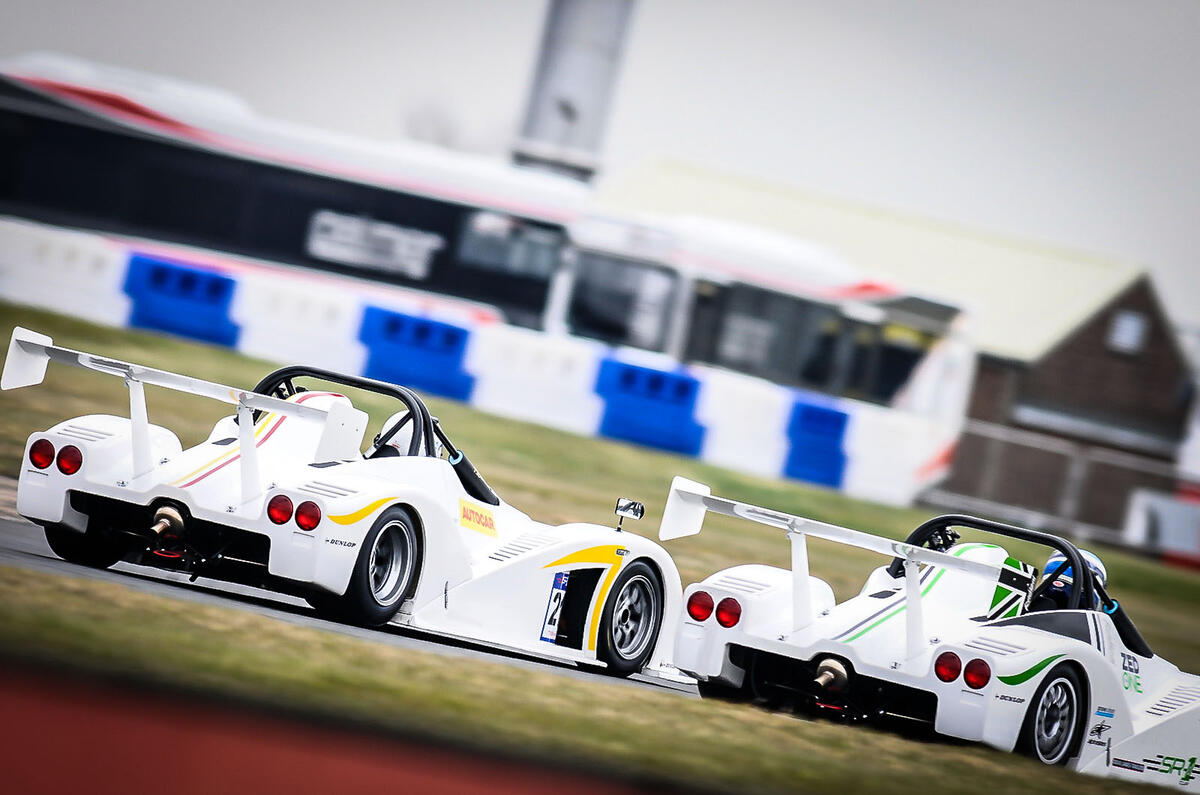
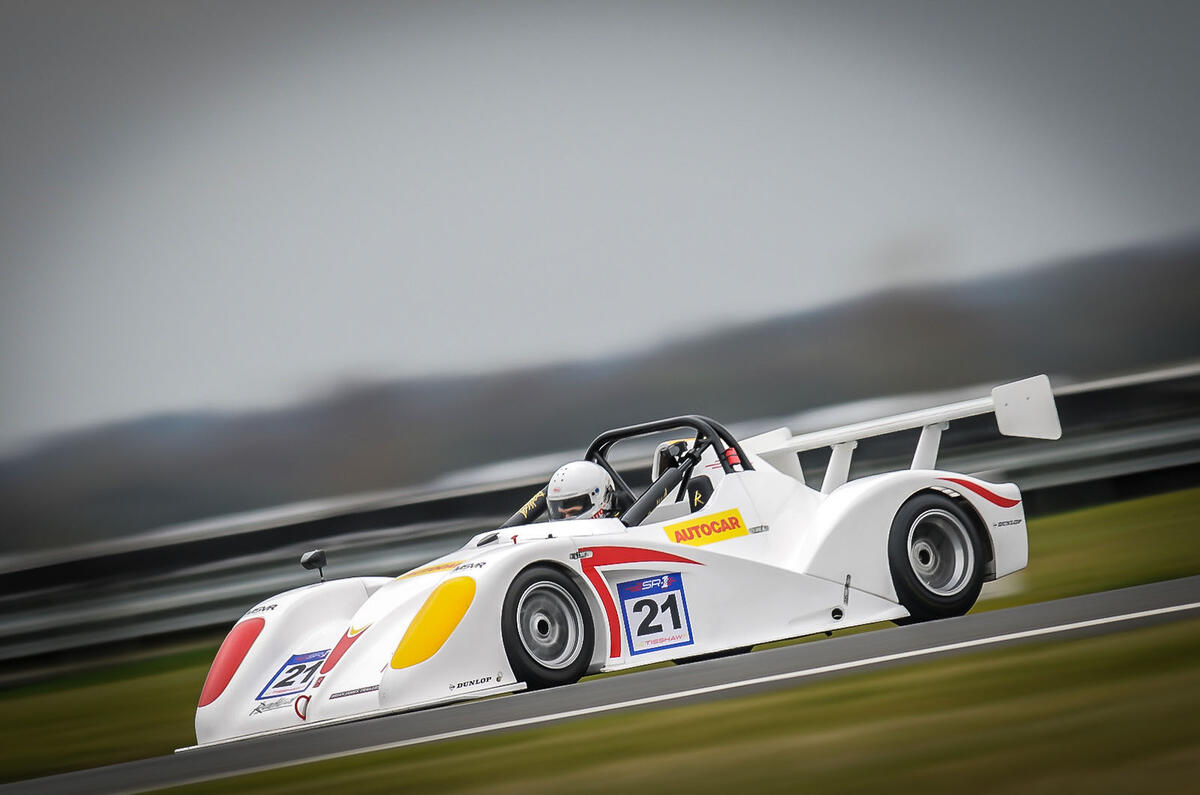
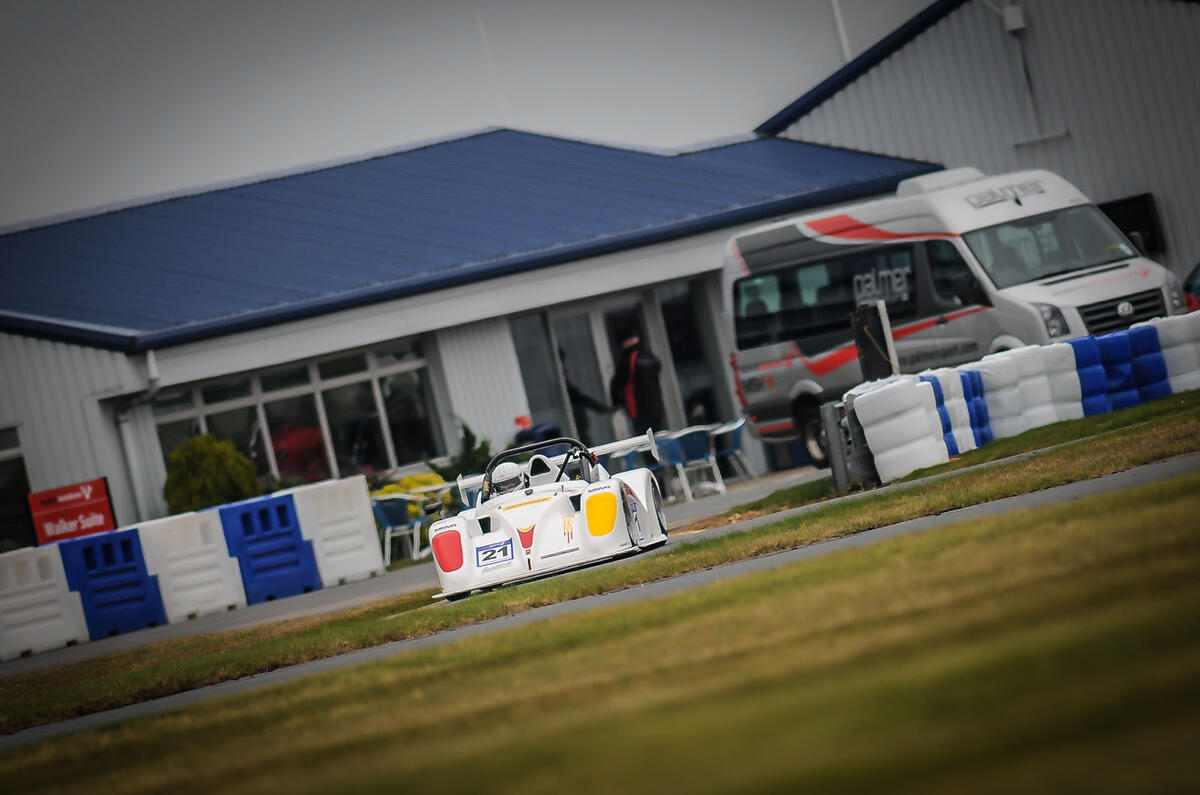
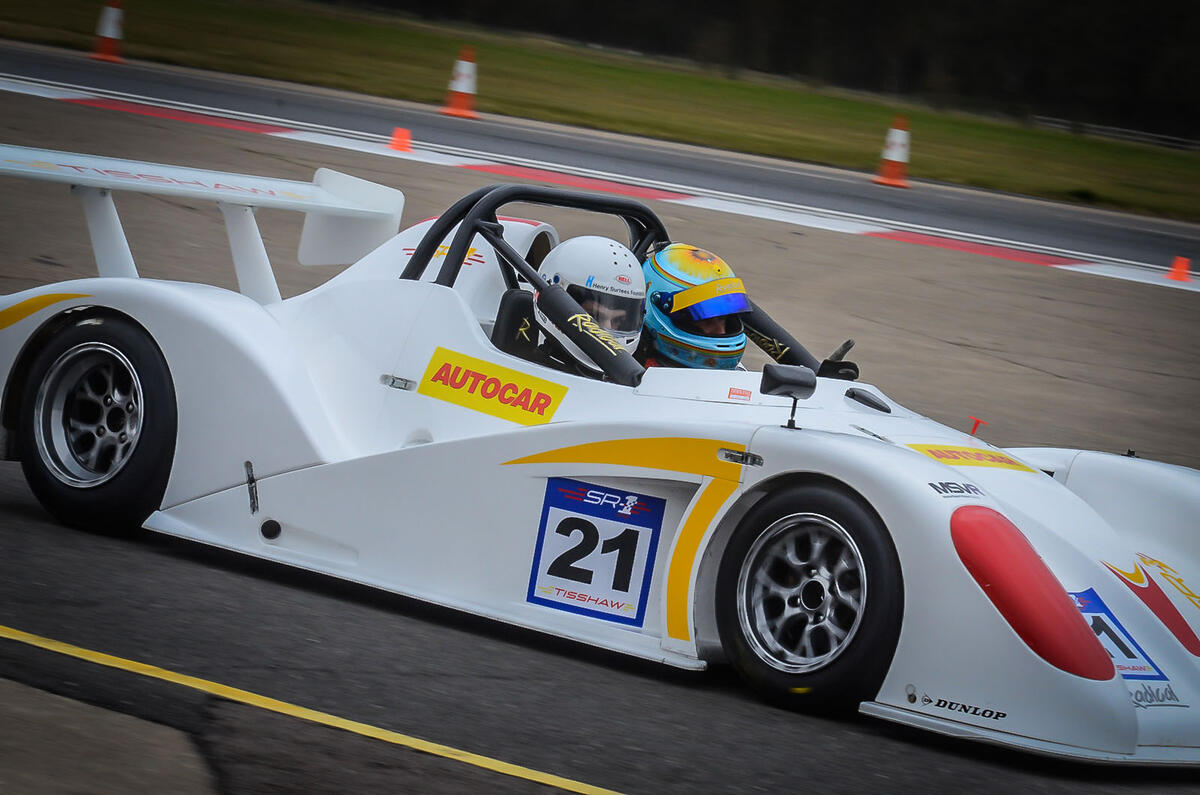
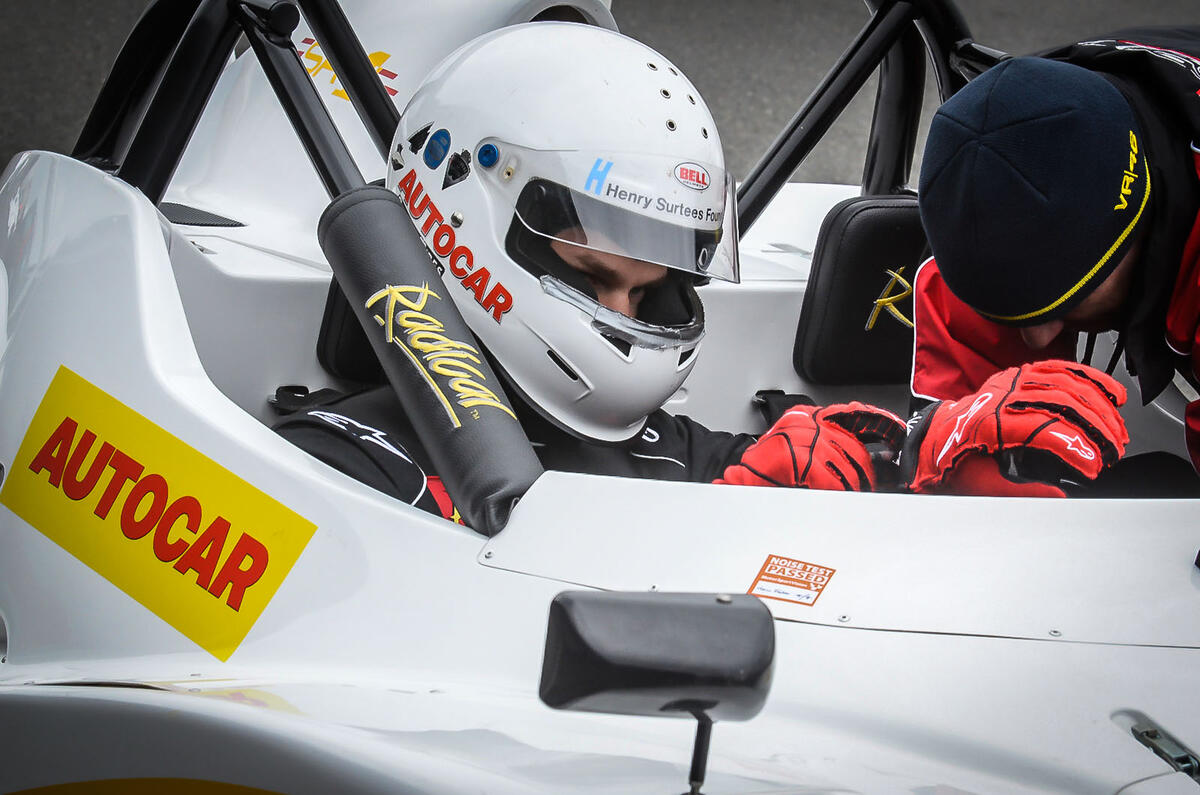
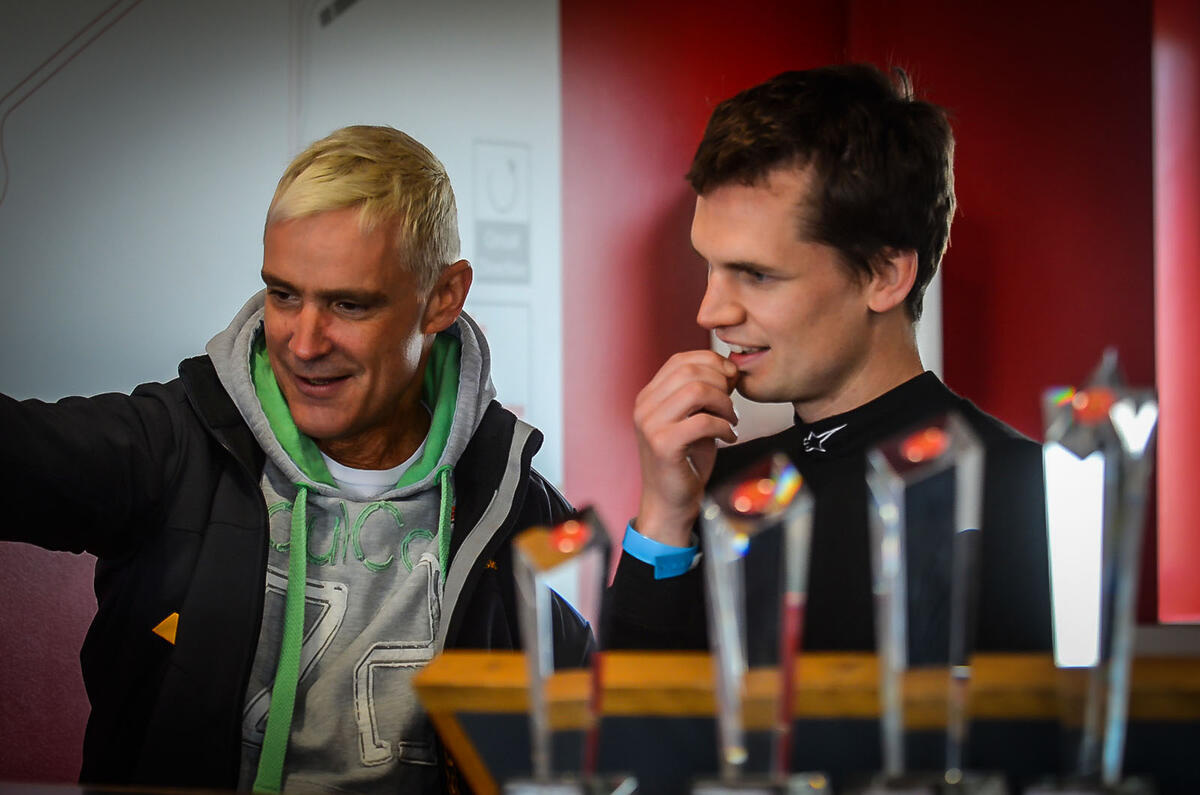
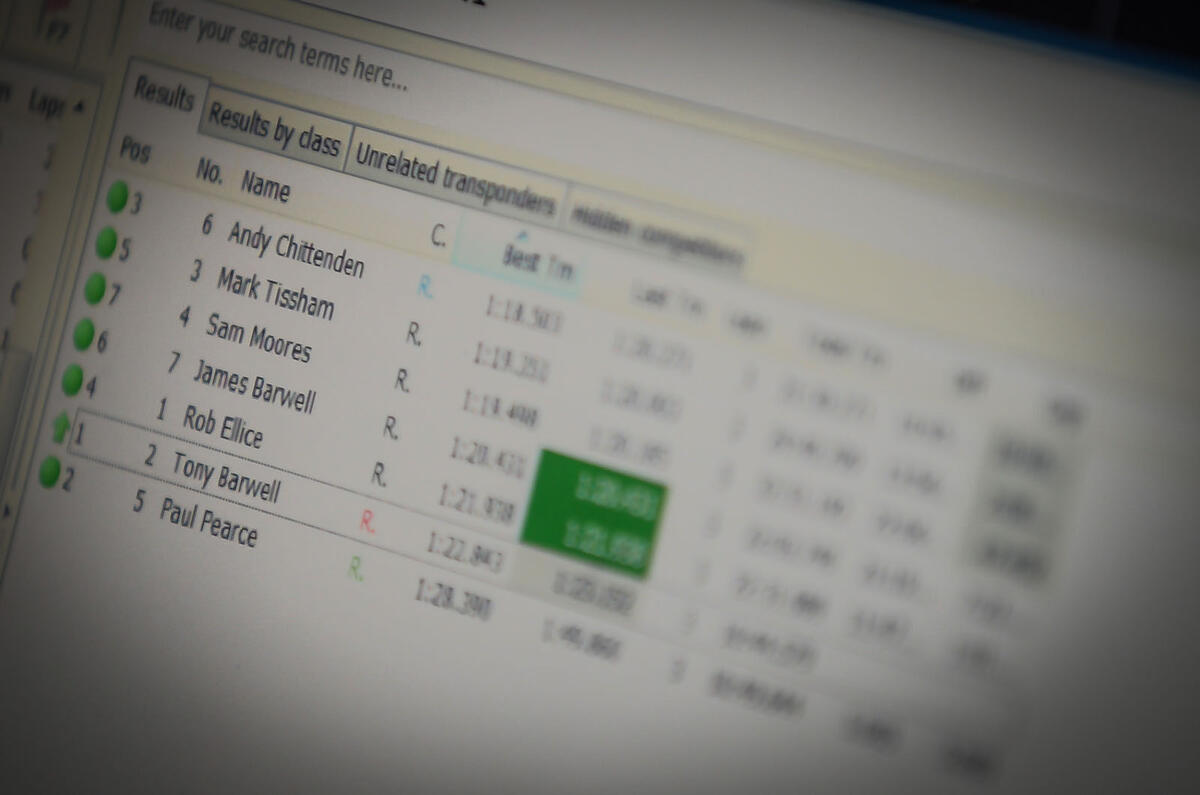
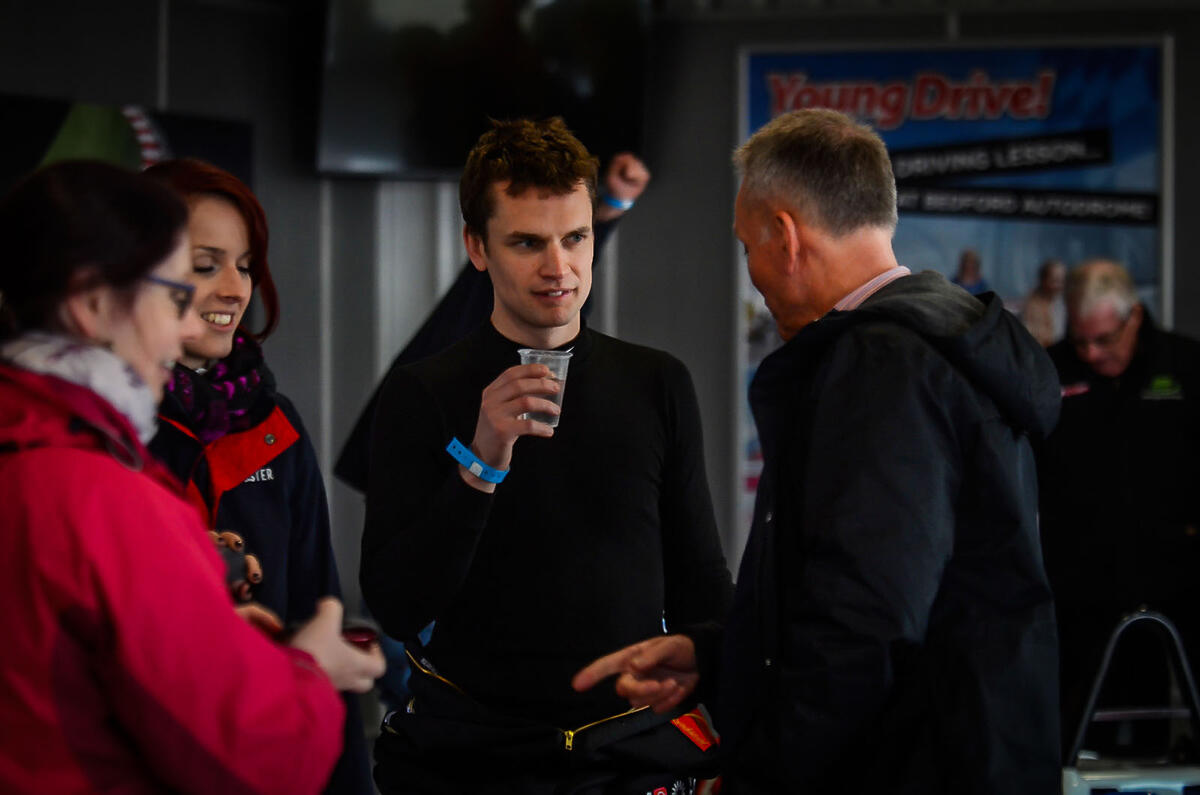
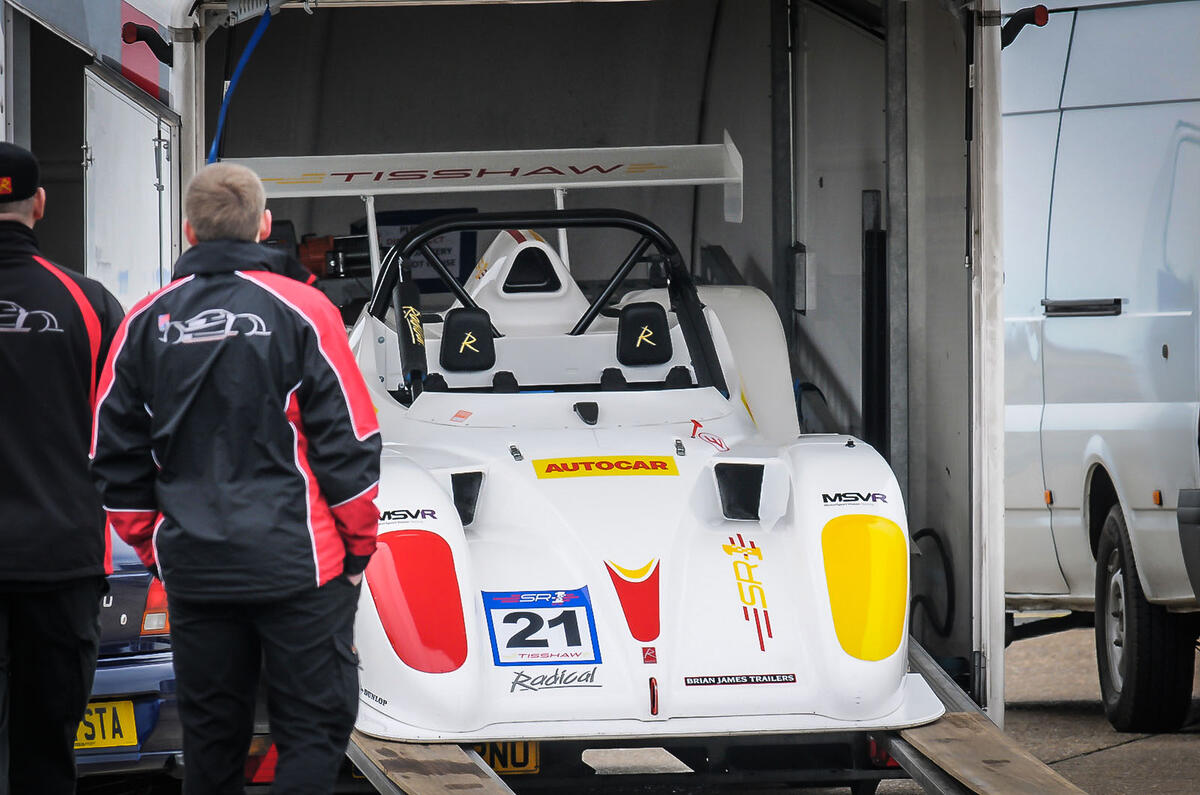
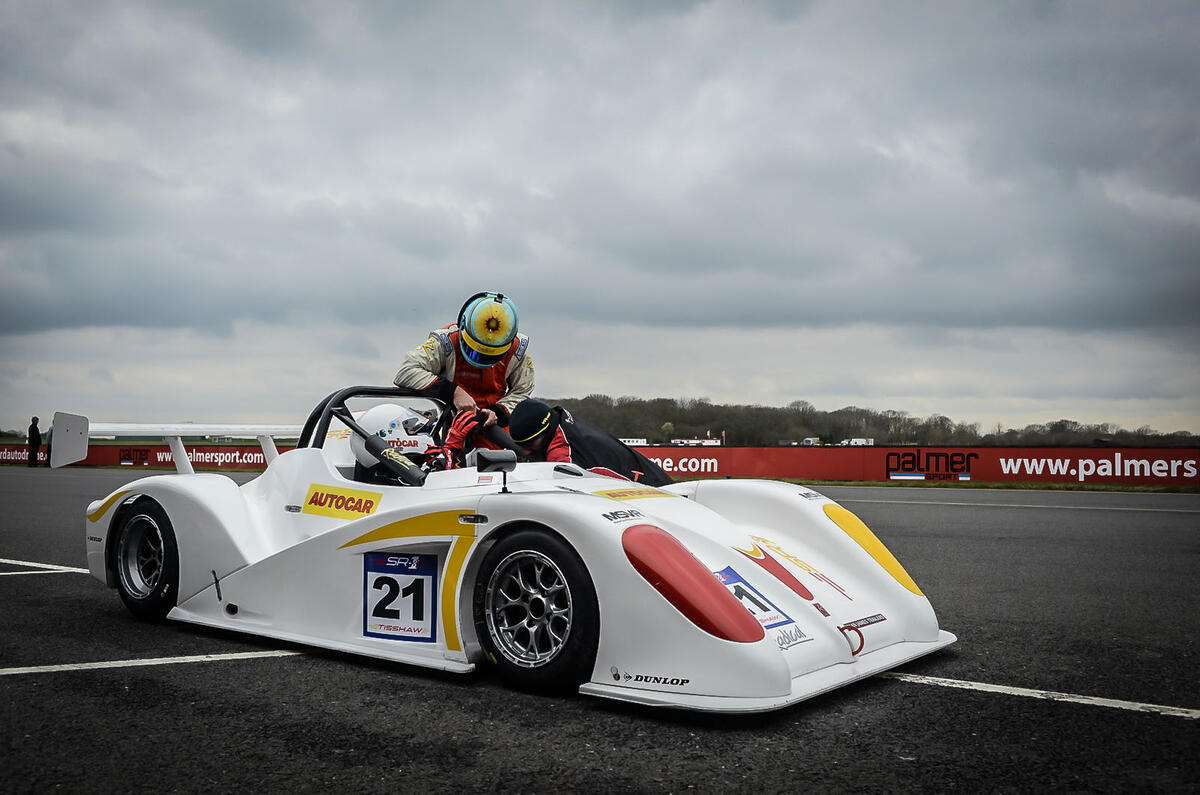
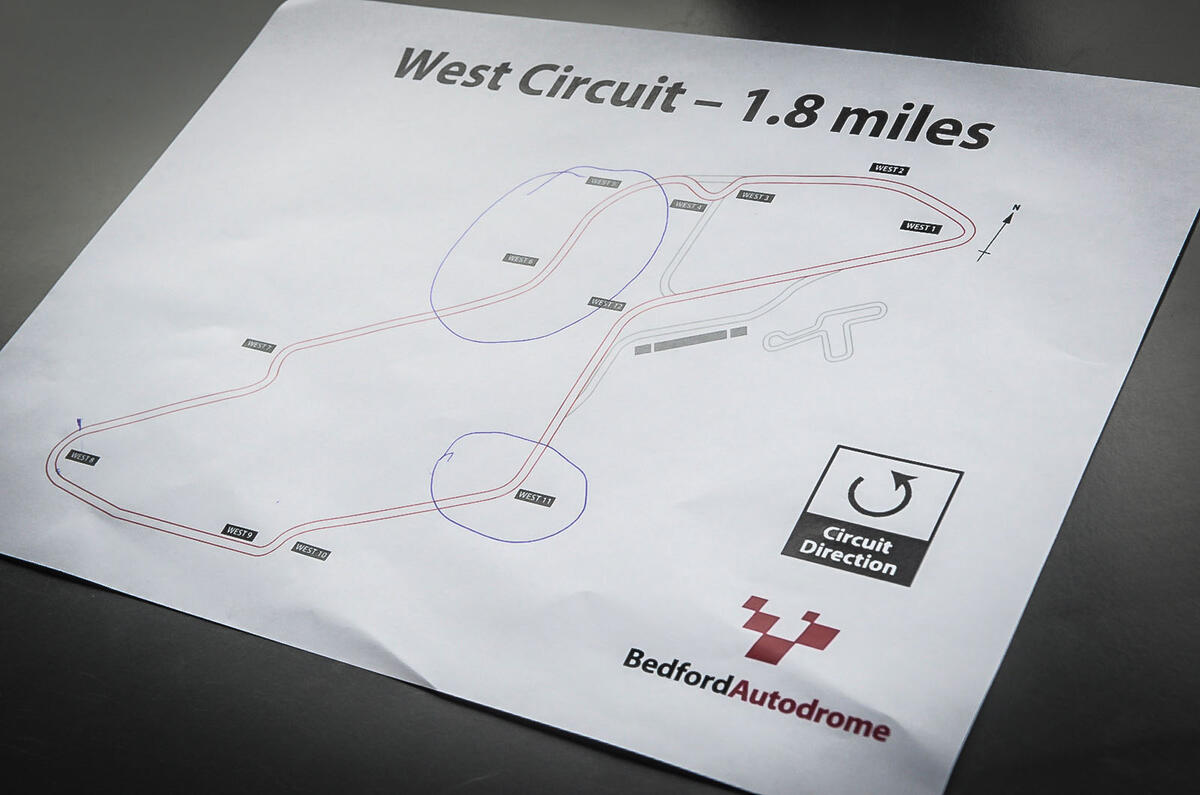
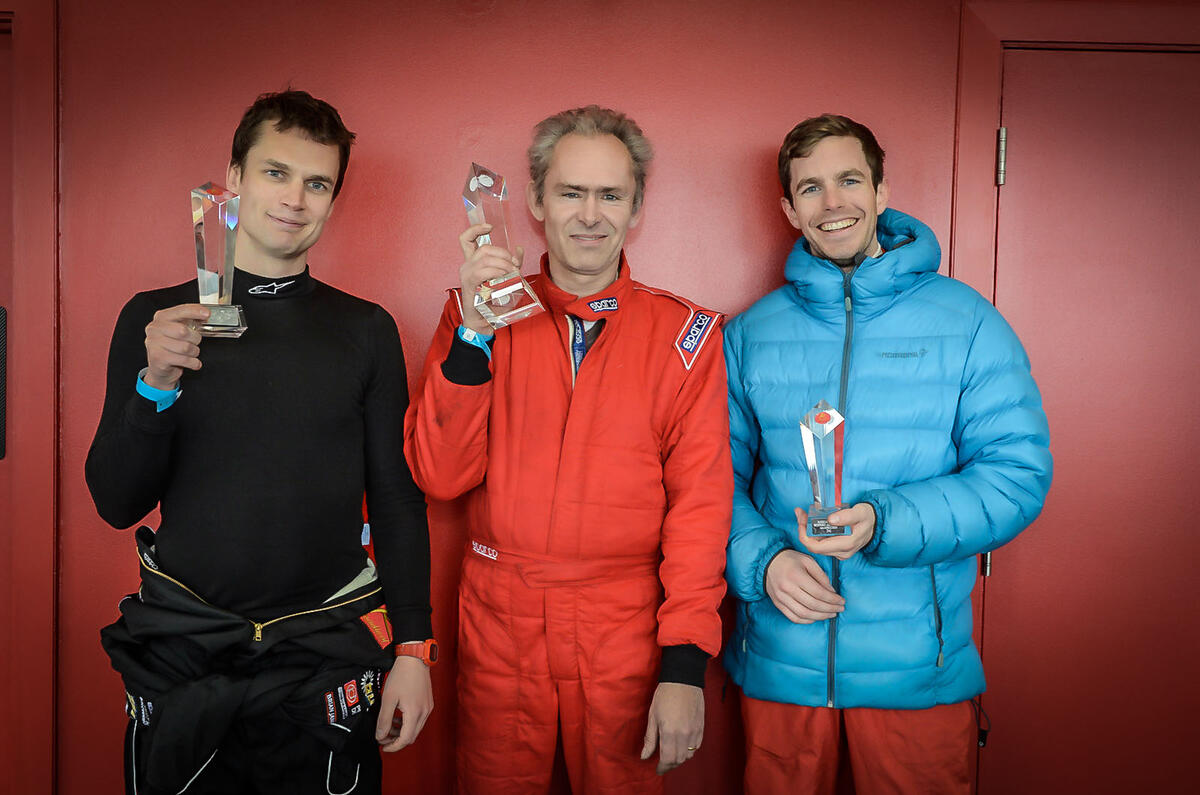
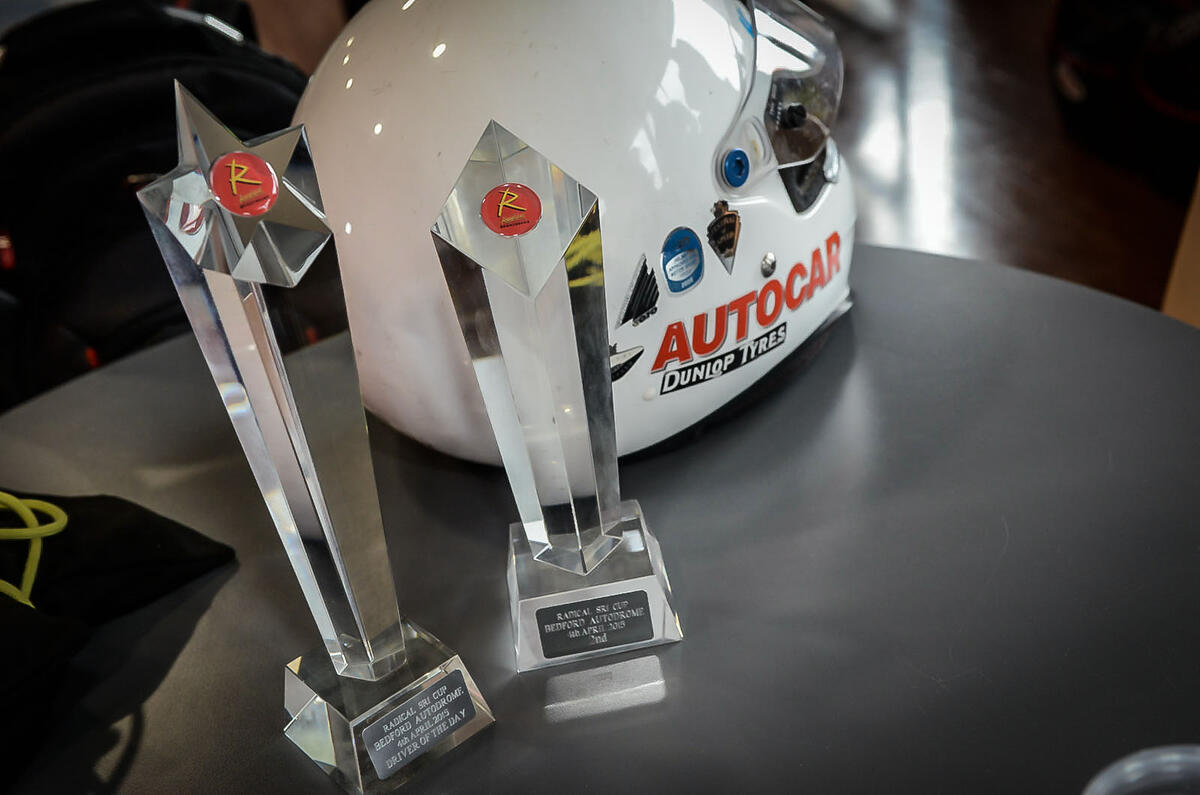
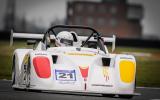
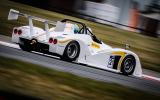
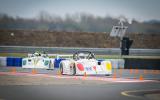
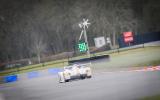
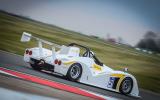

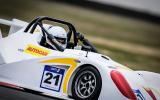
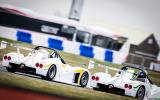
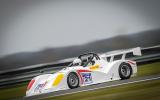

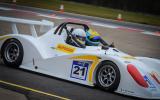
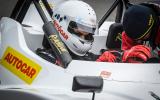



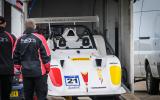
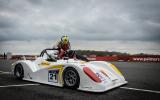
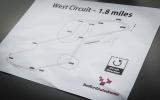
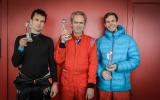
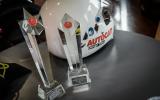






Add your comment